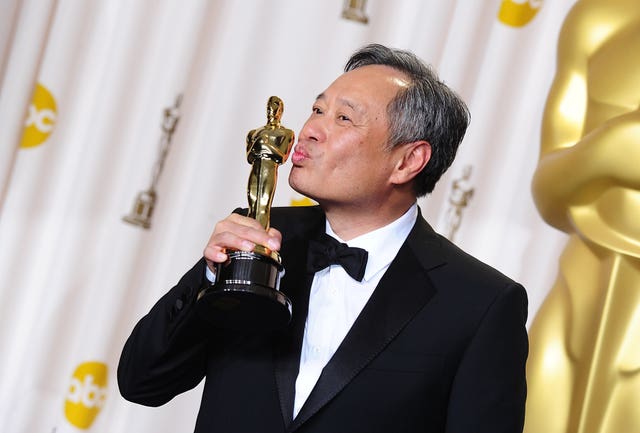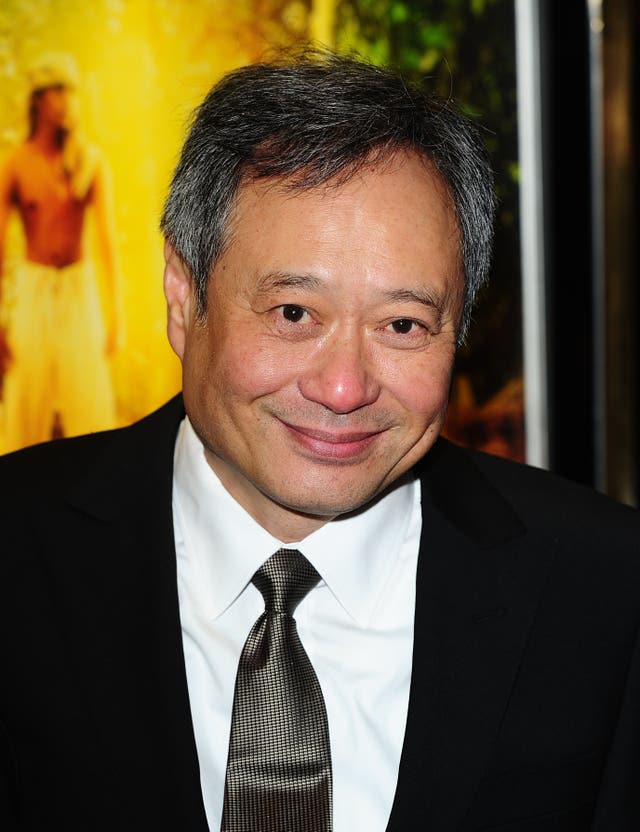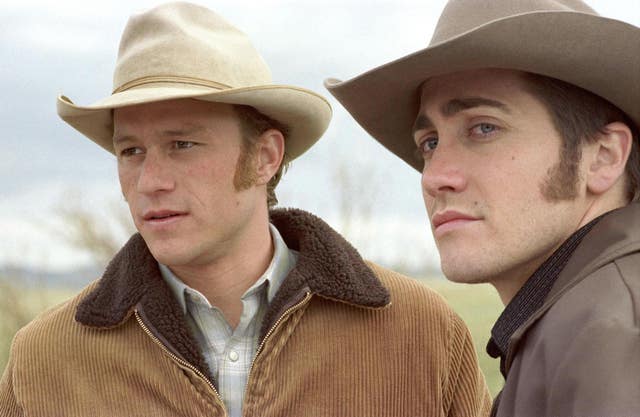Bafta Fellowship the latest honour of director Ang Lee’s career
His films include Brokeback Mountain, Life Of Pi and Crouching Tiger, Hidden Dragon.

Acclaimed filmmaker Ang Lee has enjoyed enormous success over a pioneering career, jumping between genres with the same grace as the martial artists from what is perhaps his most famous movie.
The Taiwanese director, 66, is known for films including Brokeback Mountain, Life Of Pi and Crouching Tiger, Hidden Dragon.
He has won just about every award on offer – including two best director Oscars – and on Sunday received a Bafta Fellowship, the organisation’s highest honour.

Accepting the award, he said: “I’m humbled to be counted amongst such brilliant filmmakers. It’s overwhelming.
“England has been particularly good to me in my career. Britain was the only market where The Ice Storm made any money.
“And of course, Sense And Sensibility, which was like a second film school for me – I could only communicate in short sentences.
“The comments I gave the actors were very concise, direct and honest. The casuals competing to see who would get the most rude remark from me.
“But my British colleagues were super-patient and kind to me. I owe so much to them because after Sense And Sensibility, I dared to venture into many other types of movies.”
However, for his many triumphs, Lee’s gambles with futuristic filmmaking techniques have not always proved successful.
Lee first made his name with the 1990s comedy trilogy Father Knows Best.
He co-wrote and directed Pushing Hands (1991), The Wedding Banquet (1993) and Eat Drink Man Woman (1994), which were popular in both the East and West, paving his path to Hollywood.
In 1995 came Sense And Sensibility, a Jane Austen adaptation starring Emma Thompson, Kate Winslet, Alan Rickman and Hugh Grant.

The year 2000 brought one of Lee’s finest films.
Martial arts extravaganza Crouching Tiger, Hidden Dragon starred Chow Yun-fat and Michelle Yeoh in an epic tale of romance and adventure.
It was a massive success, both commercially and critically, grossing more than 213 million dollars (£155 million) at the box office and winning four Oscars, including best foreign language film.
It cemented Lee’s status as one of the world’s best filmmakers. However, his next project was not as well received.
Hulk starred Australian actor Eric Bana as the green superhero in a movie exploring the character’s origins.
Reviews for the 2003 release were mixed, with praise for the action sequences but criticism for having too much talking and not enough smashing.
Lee returned to form two years later, with the LGBT love story Brokeback Mountain.
Starring Heath Ledger and Jake Gyllenhaal as cowboy lovers, the film arrived to both acclaim and controversy, with some conservative pundits unhappy with its depiction of homosexuality.

Lee won best director at the Oscars, but in an upset, Brokeback Mountain lost in the best picture category to Crash. Some critics suggested the decision was rooted in homophobia.
Lee won his second best director Oscar for 2012’s Life Of Pi, a drama about a 16-year-old boy cut adrift in the Pacific Ocean on a lifeboat with a Bengal tiger.
For his two most recent films, Lee has experimented with hyper-real visual techniques, with mixed results.
Drama Billy Lynn’s Long Halftime Walk was the first feature film to use an extra-high rate of 120 frames per second when it arrived in 2016, while 2019’s Gemini Man, featuring a de-aged Will Smith, employed similar digital trickery.
Both were critical and commercial disappointments.





